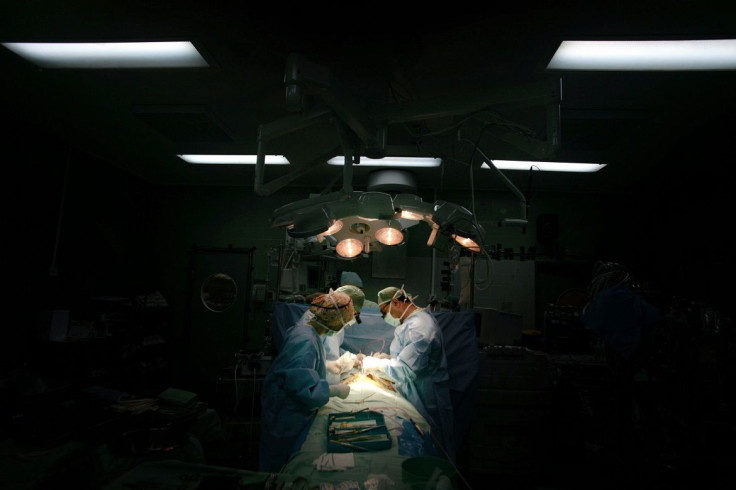New medical technology revives 'dead' hearts, successfully used for transplantation in the UK and Australia

A team of scientists in Massachusetts has developed an innovative medical technology that could eliminate the problem of shortage of hearts for transplantation. The technology claims to “reanimate” the dead heart for transplant.
Each year, thousands of Americans require a heart for transplantation. However, the researchers say that the availability of donor hearts could be increased by almost 30 percent if the new technology is approved for medical use in the U.S.
The technology, also known as the Organ Care System, or OCS, has been developed by Transmedics, a medical technology company based in Massachusetts. It consists of a sterile chamber that has oxygen, blood and nutrient supply to the heart. The OCS keeps the heart pumping outside the human body until it is ready for transplant. The heart primarily comes from a brain dead patient whose components of the circulatory system still work well.
The technology boosts up the number of hearts available for transplant patients by not only reviving the donor heart of the brain dead patients, but by “reanimating” the heart from a recently deceased patient. The OCS allows the surgical team to remove the heart of the deceased person and revive it for transplant into the recipient's body.
The device has already been successfully used for 15 heart transplantations across Australia and the UK. However, the technology is still under investigation in the US and has not been approved for medical use yet.
A medical ethicist at Harvard University, Robert Truog, on the other hand, questions whether the brain dead patients from whom such hearts are taken are actually “dead.” Truog says that the circulatory functioning of such patients still exists and their heart can still be revived, including inside another person.
“How can you say it’s irreversible, when the circulatory function is restored in a different body? We tend to overlook that because we want to transplant these organs,” said Truog, reported the MIT Technology Review.
“My argument is that they are not dead, but also that it doesn’t matter, so long as they and family members have given consent. They are dying and it’s permissible to use their organs. The question is whether they are being harmed, and I would say they are not.”
Contact the writer at feedback@ibtimes.com.au, or let us know what you think below.





















